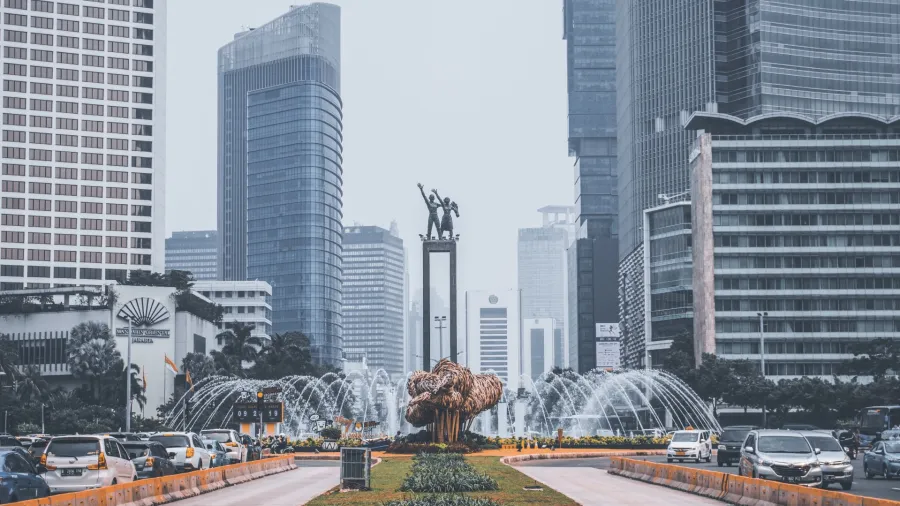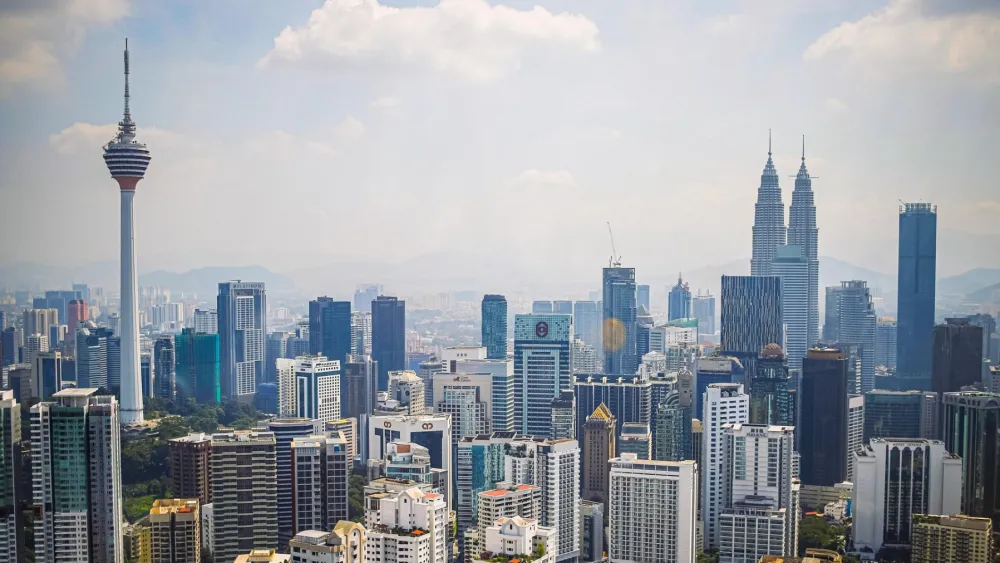
Indonesian banks’ risks rise as new wave of infections dampen economic recovery
The rising number of COVID cases will delay the return to normal repayment schedules.
A new wave of COVID-19 infections in Indonesia heightens risks for the country’s banks and non-bank lenders, reports Fitch Ratings.
The rating agency recently lowered its 2021 GDP growth forecast for Indonesia to 4.8% from 5.3% on the back of rising infections. The recently announced restrictions to curb the spread of infections will also dampen economic activity further.
For lenders, the rising number of COVID-19 cases will likely boost the number of borrowers seeking restructuring extensions from banks and non-bank lenders, delaying their return to normal repayment schedules, Fitch said.
“It also raises the prospect of an extension of regulatory forbearance on loan restructuring to beyond the current planned closing date of end-Q1 2022 for banks and April 2022 for non-banks,” the report added.
Forbearance has softened the impact of the pandemic on financial institutions' asset quality, allowing them to classify loans restructured due to the pandemic as "current". This has alleviated pressure on problem loan ratios—but at the expense of obscuring underlying asset quality problems.
Restructured loans at the 12 largest banks rose to around 21.5% of the total by the end of the first quarter (Q1) of 2021, from 5.5% at end-Q1 2020. This helped to cushion the rise in non-performing loan ratios, which rose to 3.1% at end-Q1 2021 for these banks, from 2.6% a year earlier.
“A portion of loans reported as ‘restructured’ by Indonesian financial institutions have resumed normal repayments since H2 2020. However, there is a risk that the latest wave of infections, coupled with new restrictions on activity, could hurt borrowers’ capacity to service debt,” Fitch Ratings wrote.
“The setback to economic recovery, together with heightened restructuring activity and delays in loans under forbearance returning to their original repayment schedules, will also manifest in lower revenues and potentially higher provisioning, hurting profitability for lenders,” it added.
That said, Fitch believes that Indonesia's banks are generally well-placed to cushion the blow. Indonesian bank net interest margins, which stood at 4.6% at Q1 2021, remain amongst the highest in the region.
Indonesian lenders also continue to be well-capitalised; the industry average common equity Tier 1 ratio of 22.2% at end-Q1 was the highest amongst Fitch-rated markets in Asia.
Photo courtesy of Eko Herwantoro.



















 Advertise
Advertise










